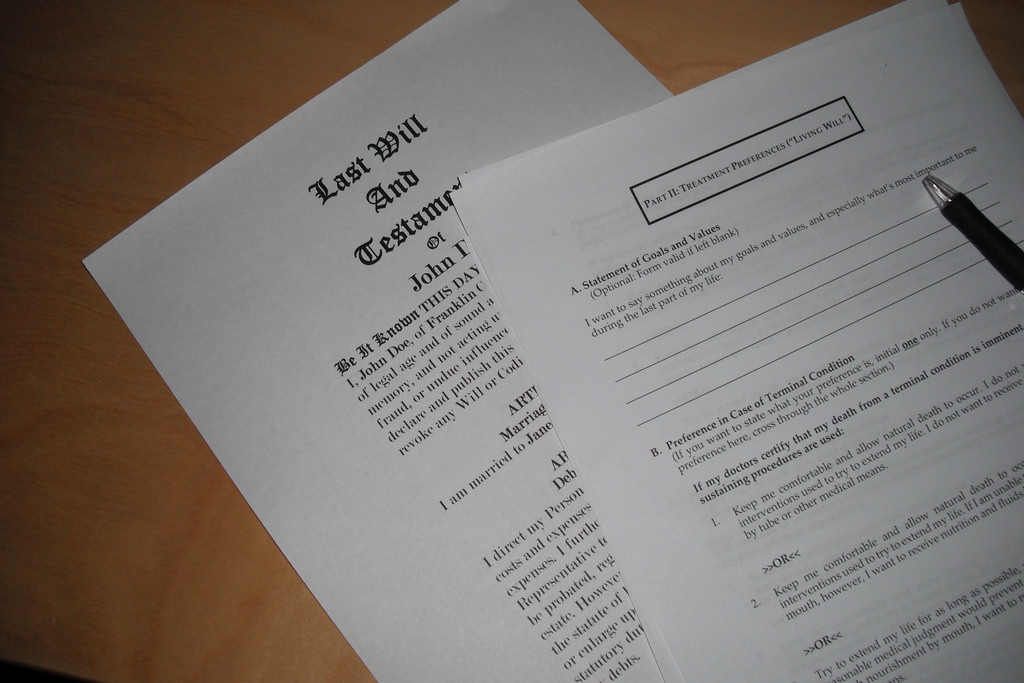At the time of her death last year, it was believed that Aretha Franklin died intestate, or without a will. In the absence of a will, state intestacy laws determine how estate assets will be distributed. However, three handwritten wills were recently discovered in the famed singer’s home. If one or more of these documents is found to be a valid, enforceable will, the terms of the document(s) will determine the distribution of Franklin’s estate. Two of the handwritten wills were dated from 2010 and discovered in a locked cabinet in the home. The third, and most recent, was discovered in a notebook under a seat cushion. It was…
-
-
Holographic Wills and Statutory Requirements to Modify Them
The law distinguishes between typewritten wills, typically prepared by an attorney, and those which are handwritten by oneself. Handwritten wills, known as holographic wills, must meet the statutory requirements set forth by N.C Gen. Stat. S 31-3.4 (2015). These requirements include: (1) the will must be written entirely by hand by the testator; (2) must be subscribed by the testator; and (3) must be found among the testator’s valuable papers or effects. In some cases after a will is drafted, whether by hand or typewritten, the testator my wish to make modifications. An addition or supplement that explains, modifies, or revokes a will, or part of a will, is a…
-
Six Ways to Challenge a Will’s Validity
Wills must meet several basic requirements to be valid and enforceable under state law. If any of the below factors are at work, then a will’s validity may be challenged. (1) Undue Influence Undue influence exists when a person uses coercion to influence the testator (the person creating a will) into executing a will that does not accurately reflect the testator’s true wishes. There are several red flags to keep in mind if you are suspicious a loved one’s will is the product of undue influence. Unusual dispositions of property, sickness and vulnerability of the testator to undue influence,…
